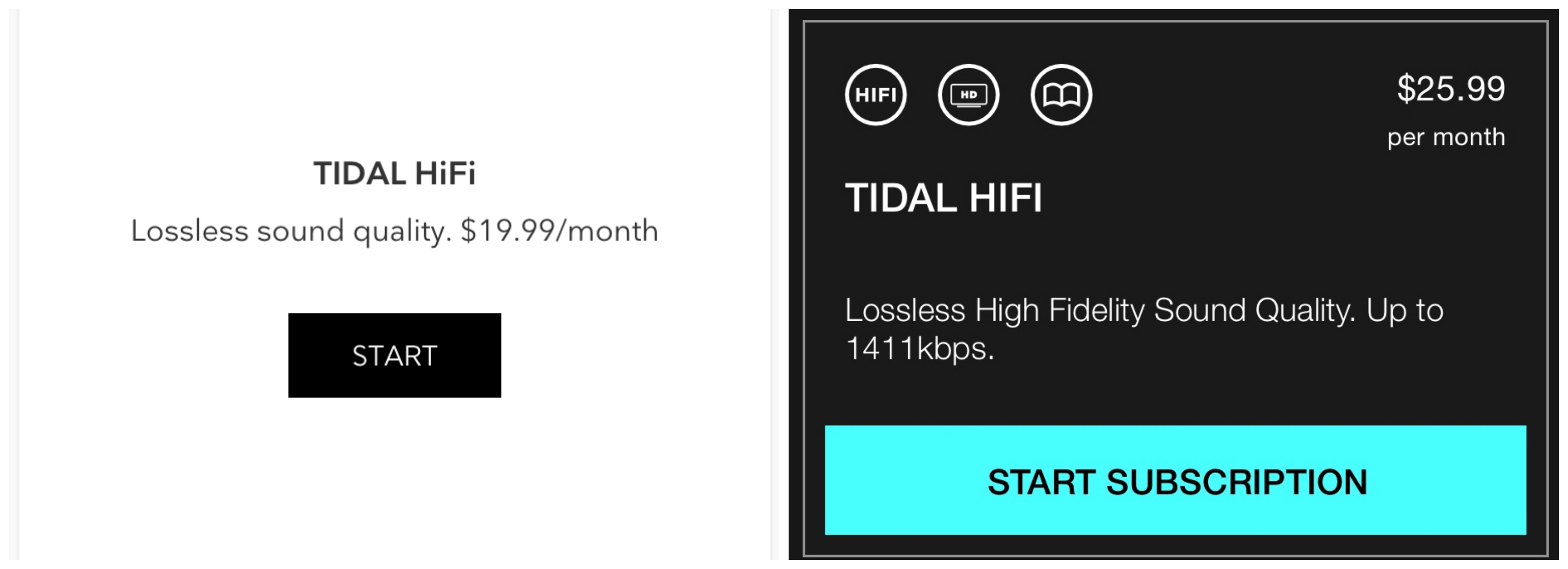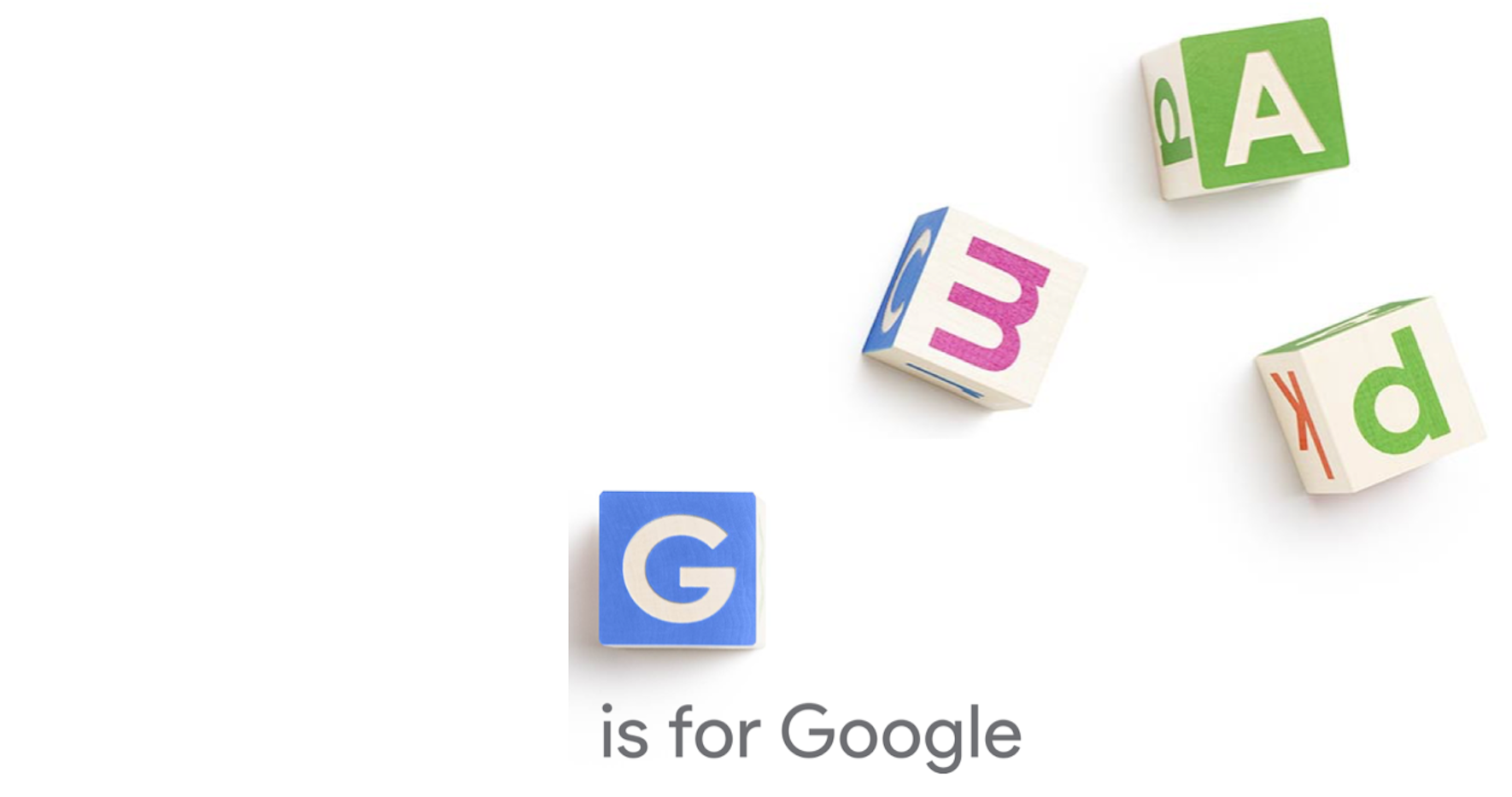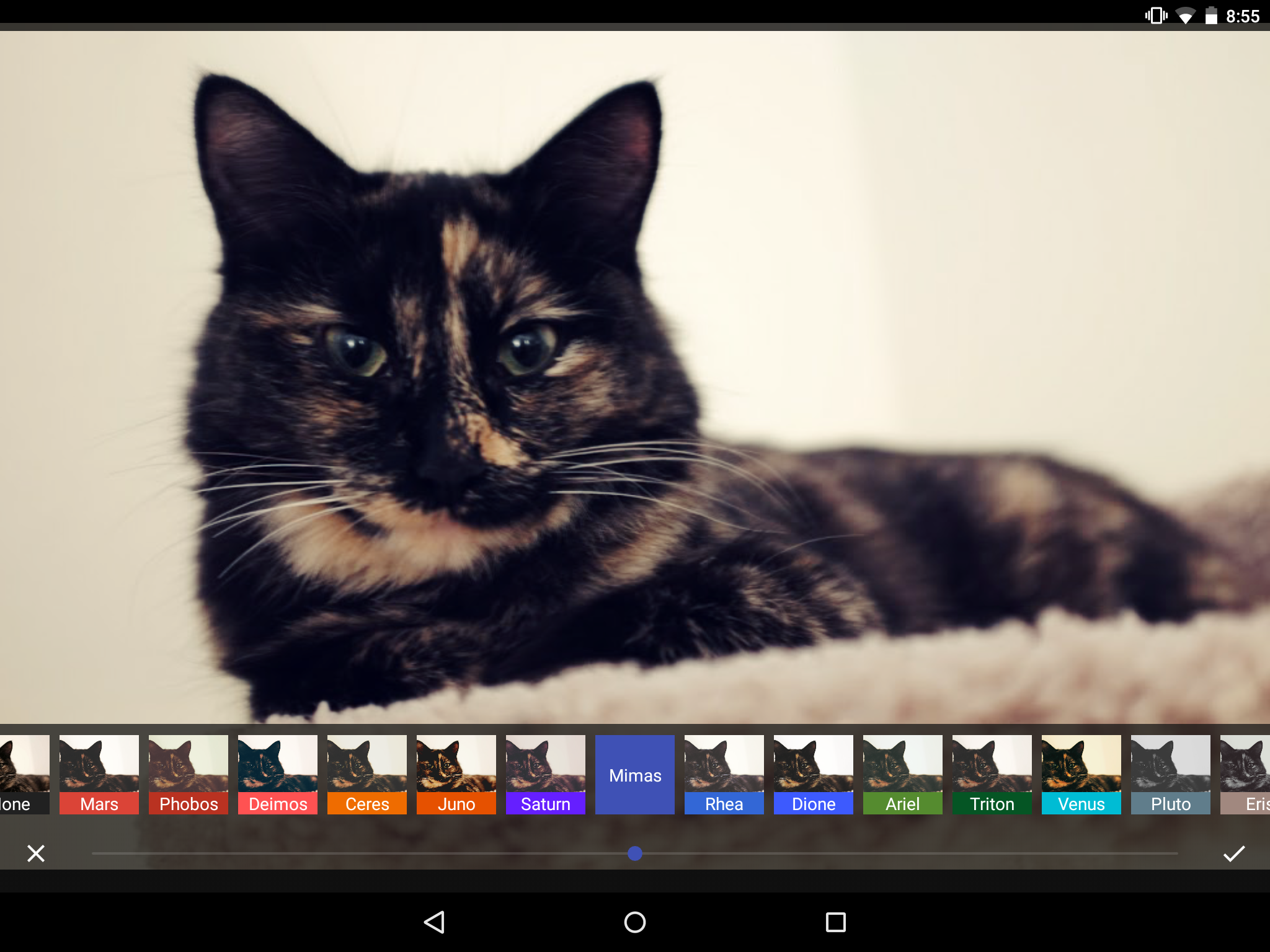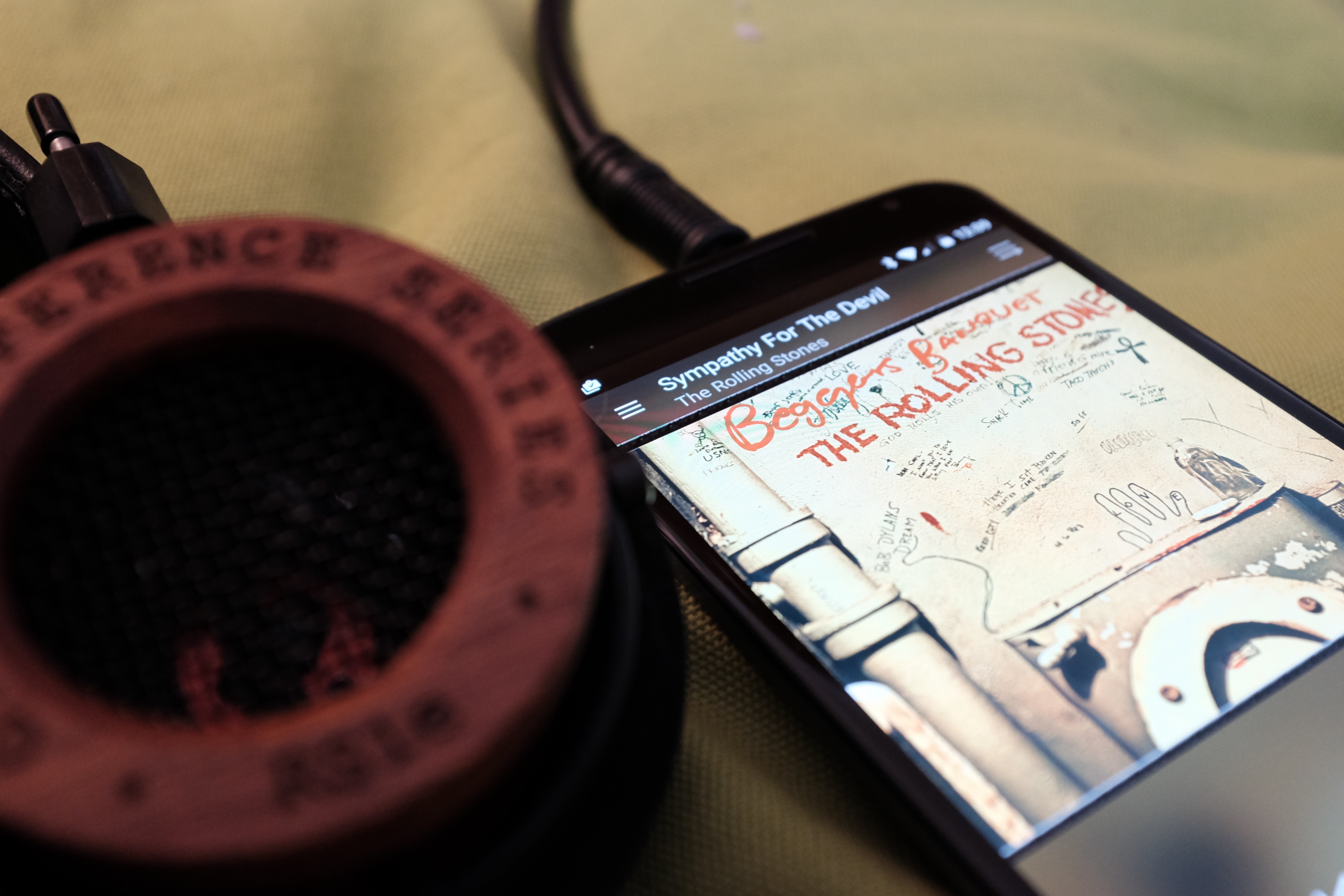On Sept. 16, 2015, Apple released iOS 9, which enables users of iPad and iPhone to disable ads. The company claims the capability improves the overall user experience. As someone covering the tech industry for more than two decades, I perceive it as something else, too: Competitive assault against Google and means of pushing publishers to iOS 9’s new News app. There is nothing friendly about Apple’s maneuver. It is aggressive and tactical. But does it really matter?
Stated simply: More than 90 percent of Google revenue comes from contextual and search-related advertising. Apple derives about the same figure from selling devices and supporting services. At the same time, mobile is the future of Internet advertising and the battleground where the two meet. The entities’ respective mobile platforms, Android and iOS, long ago put the tech titans on a collision course. Conceptually, what Apple can’t gain from iPad and iPhone sales, it can take by shaking pillars supporting its rival’s business.











